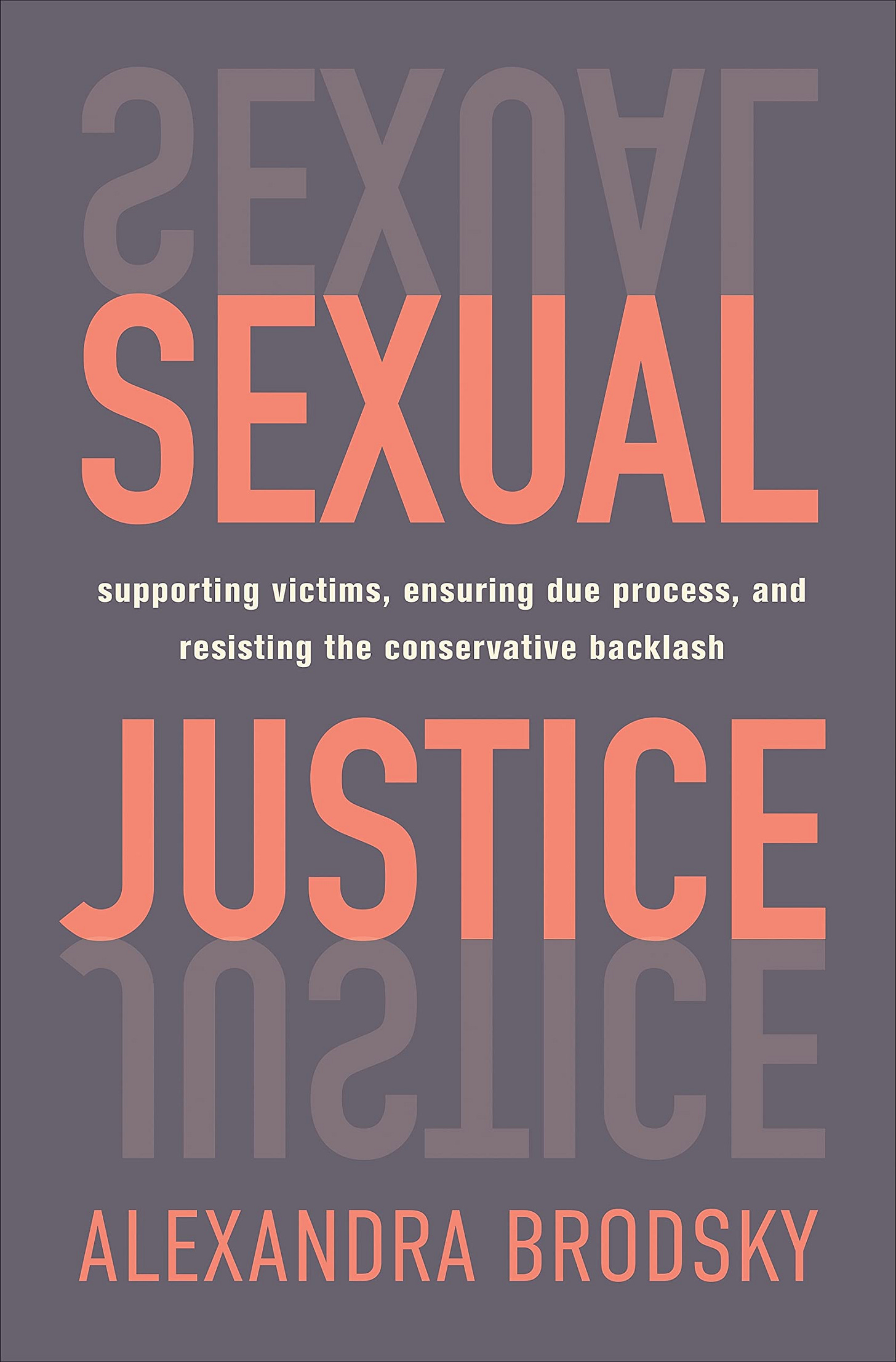The other big signing that happened yesterday
President Biden’s new executive order focused on public safety and criminal justice for Native Americans is a step in the right direction his administration follows through on its commitments.

Amid the spectacle around President Joe Biden’s signing of his bipartisan infrastructure deal into law, he also signed an executive order to improve the public safety and criminal justice for Native Americans while also addressing the crisis of missing or murdered Indigenous People. It’s news that’s obviously attracted less media attention, but it’s a critical signal to a community that’s historically been overlooked, underserved and exploited by the federal government.
“Generations of Native Americans have experienced violence or mourned a missing or murdered family member or loved one, and the lasting impacts of such tragedies are felt throughout the country. Native Americans face unacceptably high levels of violence, and are victims of violent crime at a rate much higher than the national average,” Biden said. “For far too long, justice has been elusive for many Native American victims, survivors and families. Criminal jurisdiction complexities and resource constraints have left many injustices unaddressed.”
These inequities were spotlighted in September during the search for Gabby Petito, the then-missing travel influencer who was later found murdered after she didn’t return from a cross-country trip with her boyfriend. As I wrote at the time:
Black women go missing too. As do Latina and indigenous women. But due to the exclusion of nonwhite communities from positions of sustained power in American politics, media and culture, minority missing person’s cases require the victims to be sympathetic to the white gaze. The equitable country most white people say they want would require them to see cases involving people who don’t look like them as worthy of investigation as well. Because everyone deserves to leave their home with the expectation they’ll return safe and sound — and a society that will report, investigate, and demand and provide answers if they don’t.
Biden’s executive order is a step in the right direction his administration follows through on its commitments.
The order directs Attorney General Merrick Garland to work with Interior Secretary Deb Haaland — the first Native American to serve as a Cabinet secretary and the second to serve in the Cabinet — and the heads of other executive departments and agencies to develop a coordinated law enforcement strategy to prevent and respond to violence where the federal government has jurisdiction. The plan will address unsolved cases involving Native Americans and train agents and prosecutors on victim-centered interview and investigation techniques.
The Biden administration will also enable Tribal governments to prosecute certain non-Indian defendants for domestic violence and dating violence offenses in Indian Country — the many self-governing Native American/American Indian communities throughout the United States — and assist Tribes in implementing any relevant provisions approved by subsequent VAWA reauthorizations.
Enhanced data collection and information-sharing practices to promote accurate access to intelligence on crimes or threats against Native Americans is also a focus. The Departments of the Justice, Health and Human Services and Interior must also issue a report to the President by mid-July of next year on the strategy for ongoing analysis of the data and identify any additional necessary or support for implementation.
Finally, the order calls for the Departments of HHS and Interior to develop a plan to support prevention efforts that reduce risk factors for the victimization of Native Americans and increase protective factors and timely consultations with Tribal Nations to obtain comments and recommendations from Native American communities. These steps follow two pieces of legislation passed during the final two years of the previous administration to improve law enforcement and justice protocols as well as improve access to data to address missing or murdered indigenous people.
The signing of the executive order coincides with national Native American Heritage Month and the Annual Tribal Nations Summit, a two-day event the White House described as “an opportunity for the President and senior leaders from his [a]dministration to meet with Tribal leaders and engage in Nation-to-Nation dialogue on critical issues in Indian Country.” This is the first summit since 2016 and this year marks the first time the summit has been hosted at the White House.
During his remarks yesterday, President Biden touted the $31 billion in funding for Tribal nations in the American Rescue Plan he signed in March as “the most significant investment in the history of Indian Country” and noted that the bipartisan infrastructure bill he would sign hours later includes $13 billion in direct investments to Indian Country and benefits such as clean drinking water and high-speed internet.
He also outlined five new initiatives to continue the administration’s progress: protecting tribal treaty rights, increasing tribal participation in the management of federal lands, incorporating tribal ecological knowledge into the federal government’s scientific approach, taking action to protect the greater Chaco Canyon area in New Mexico from further oil and gas leasing, and signing a new executive order addressing violence against Native Americans.
And ever the politician, President Biden also took liberties to promote the next item on his legislative agenda. “But we can’t stop there. We need Congress to pass my Build Back Better plan as well,” he said. “Today, one in 10 Native American parents have reported having to quit or change their jobs or turn down an opportunity due to a childcare challenge.” The president added that the Build Back Better Act, on which House Democrats expect to vote later this week, would save most families thousands of dollars per year in childcare, helping moms and dads rejoin the workforce. “We have to continue to stand up for the dignity and the sovereignty of tribal nations.”
Supercreator Weekly is a reader-supported newsletter, anchored by a vibrant community of premium subscribers who enable the hours of reporting that goes into the unbossed, unbought and unfiltered journalism you’re reading. If you know someone interested in the intersection of national politics and pop culture and who feels creative professionals should be able to live off their work, feel free to forward this post to them. And if you’d like access to bonus updates beyond this free weekly newsletter from my weekly conversations with policymakers, business leaders, scholars and fellow creators, subscribe for the full experience.
Read All About It
Jeremy O. Harris on Lil Nas X. Francesca Mari on if real estate will ever be normal again. Chavie Lieber on why medicine cabinets are increasingly resembling the kitchen counter. Caleb Pershan on magazine covers. Rainesford Stauffer and Abdullah Shihipar on paid leave. Tyler Kingkade and Mike Hixenbaugh on mental health — the next target of parents protesting “critical race theory”. Will Bunch on the stench of America’s broken justice system. Anne Applebaum on why the autocrats are winning. Chris Stokel-Walker on how Substack became a playground for the deplatformed.1 Tiffany Hsu and Marc Tracy on how podcast distributors have escaped the scrutiny social apps face on COVID-19 misinformation. Glenn Thrush on “ghost guns.” Jamil Smith on Kyle Rittenhouse’s tears. Will Oremus on why Facebook won’t let you control your own news feed. Henry Olsen on the renormalization of one-earner households. Amanda Mull on the year America’s hair fell out. Erin A. Cach on the capitalist trap of loving your job. Evan Ross Katz on Sunny Hostin.
Michael’s Picks
Sexual Justice: Supporting Victims, Ensuring Due Process, and Resisting the Conservative Backlash by Alexandra Brodsky ($28): I enjoy how the author balanced empathy with logic and reason to make a case on a topic that’s the source of such dissension right now.
Cinnabon Limited Edition Signature Frosting Pint ($6): I’ll smear this on all the pastries I’ll have to bake (er, buy…) this year since I’ll be in NYC for Thanksgiving, miles away from my family’s unmatched dessert spread.
It’s No Shade by JaniseeAileen and Brandivo: I wouldn’t call myself a podcast guy, but I’ve come to look forward to listening to these hilarious friends riff off the messiest moments in pop culture and in their listeners’ lives.
Thank you for reading Supercreator Weekly! Want more reading and product recommendations? In addition to this newsletter, premium subscribers also get Supercreator Select, a bonus Saturday edition of Read All About It and Michael’s Picks to inspire you during your leisure time.
Subscribers also get Supercreator Review, an exclusive and in-depth recap of the week’s interesting and essential stories in national politics and pop culture — and their impact on online creators and their fans.
Not a subscriber? Upgrade your media diet for just $5/month or $50/year. Already a premium subscriber? Then I’ll see you in your inbox on Friday morning!
Disclosure: Substack provides the publishing technology for Supercreator News.




